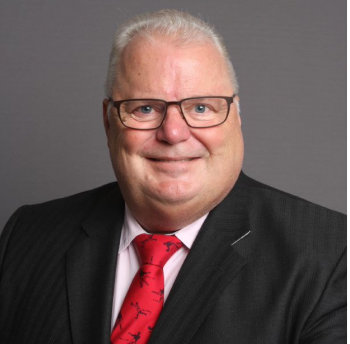The pressure on social services to provide support for the vulnerable within the community is never far from the news headlines. Deadlines for a succession of promised green papers have come and gone. The reality may be that effectively funding social care is difficult to explain, difficult to achieve and, dealing with it, is politically toxic.
Despite the apparent lack of progress from central government, local councils cannot wait for an unlikely funding remedy to come along which would make up for existing inefficiencies within the system – they must do something.
In this, as in another of my blogs, Taking Service Directories Mainstream, we will argue that the digitally engaged citizen can be used as a resource to help alleviate the administration burden from a council.
The 80 / 20 Rule Works on Many Levels
Although the volume of calls into a social services department may not be as large as the numbers into a transactional (e.g. tax/benefits or missed bin calls) contact centre, the resource effort and financial cost to review and resolve each eligible case in social care is as, if not more, significant.
It’s not just an 80/20 adage in terms of the spend in relation to the support of eligible vulnerable individuals, the rule also plays out through the volume of enquiries that have to be dealt with. 80% of the enquiries could take 20% of the effort to resolve, but in presenting themselves to time pressed social services staff, the 80% of ineligible enquiries makes it harder to identify the 20% who require the real focus and attention.
Many people could help themselves, or could help others, if they were signposted effectively to available services. A middle-aged couple with a child with learning difficulties and an elderly parent with dementia may be fully capable of organising support, but they need to be given the direction and confidence to identify and select the right support locally for their needs.
IEG4’s OneVu allows a citizen or carer to make enquiries about the availability of relevant services on a ‘Friends and Family’ basis.
Digital provision enables citizens to be steered to services on a self-service basis. Call volumes and the demands for time of already stretched social services resource could be massively reduced, freeing-up more time to focus on those people who need the support and are perhaps less able to look after themselves.
Social worker staff need access to these same directories, so the solution for them could be made public at no additional cost.
Exploiting a Place-Based Directory of Services
IEG4’s OneVu citizen engagement platform provides an effective one-stop shop for citizens to find any council or support service listed. In addition to the normal transactional council services accessible via OneVu, citizens can access a place-based Directory of Services (Dos) which provides them with accurate and regularly maintained information about support services local to them or the people for whom they care.
Listings in the DoS are populated and maintained by the actual service providers, who regard the listing as the shop-window to promote their services. Listings contain information about the type of service, its location and time of provision, together with service costs and contact details. User ratings and feedback on the service could be readily incorporated, to increase confidence in the service and encourage evolving improvement.
The service’s details are populated once and can be published in different DoS views if, for example, individual charities, or a council or voluntary service wanted their own trusted sub-set of the services. The same DoS approach could be used to allow for closer working between councils and clinical commissioning groups (CCGs), as the overlap between engagement in activity and its positive impact on health issues is increasingly being recognised.
Identifying Services based on Assessed Needs
The flexibility of the OneVu architecture allows users to complete and store assessments and self-assessments of areas of needs online.
Assessments can be configured by the council without coding, which helps care professionals or individuals explore dimensions in their lives with which the individual may be having difficulty. Alternatively, as part of the effort to engage with more citizens, a family member, or carer, may be able to help a less abled person to complete an assessment.
Depending on the severity of the responses, and the nature of the need, a council could recommend a further assessment or intervention. Where the need is less severe, the system could sign-post people to services within the place-based DoS which would address those needs.
Because much may already be known about the person who is logged onto the portal from their login profile, councils can manage expectations more easily about eligibility for services and set out policies regarding the provision of services.
Effective expectation management can reduce the escalation, and potential arguments, to obtain such services that a citizen believes they are entitled to; an understanding which is sometimes mis-interpreted.
Concluding Remarks
Councils should be proactive in addressing the inefficiencies in how many support services are identified and maintained. They need to show leadership and encourage the creation of a single directory of services being available, which will put a stop to the partial and fragmented view currently available.
Councils should be looking to harness the power of the many citizens who are capable of helping themselves, and others, by providing them with an effective focal point to access all the services available in their area, even if not directly supplied by them.

